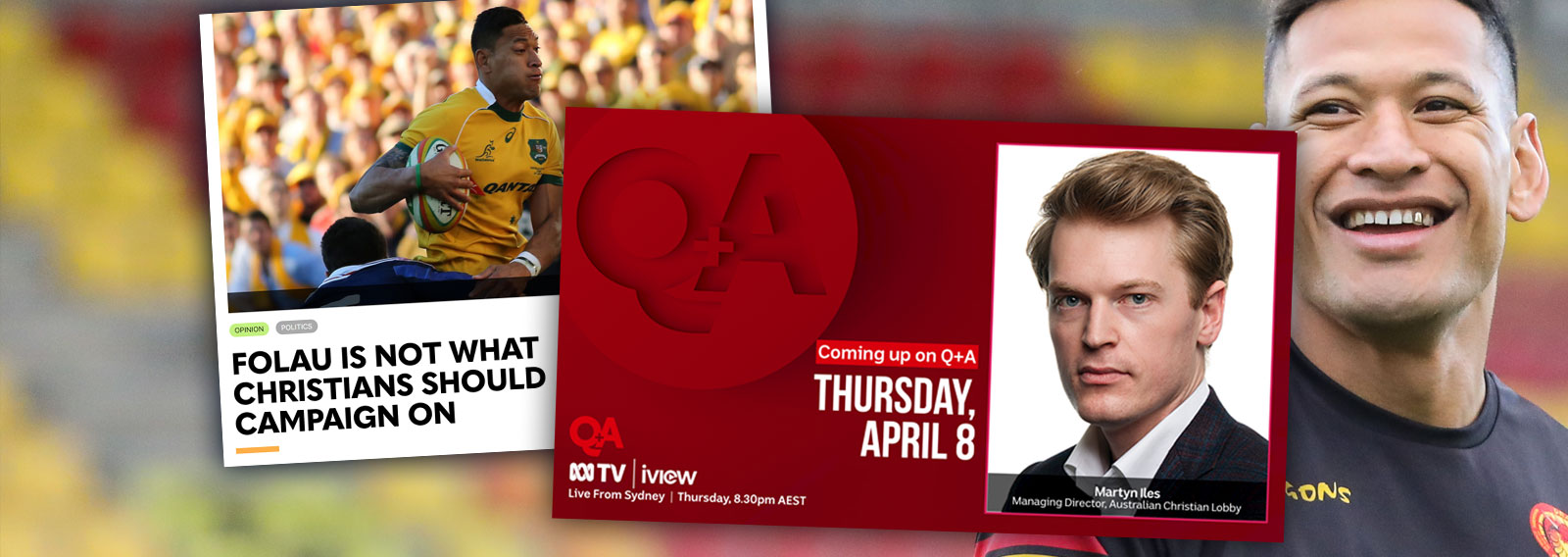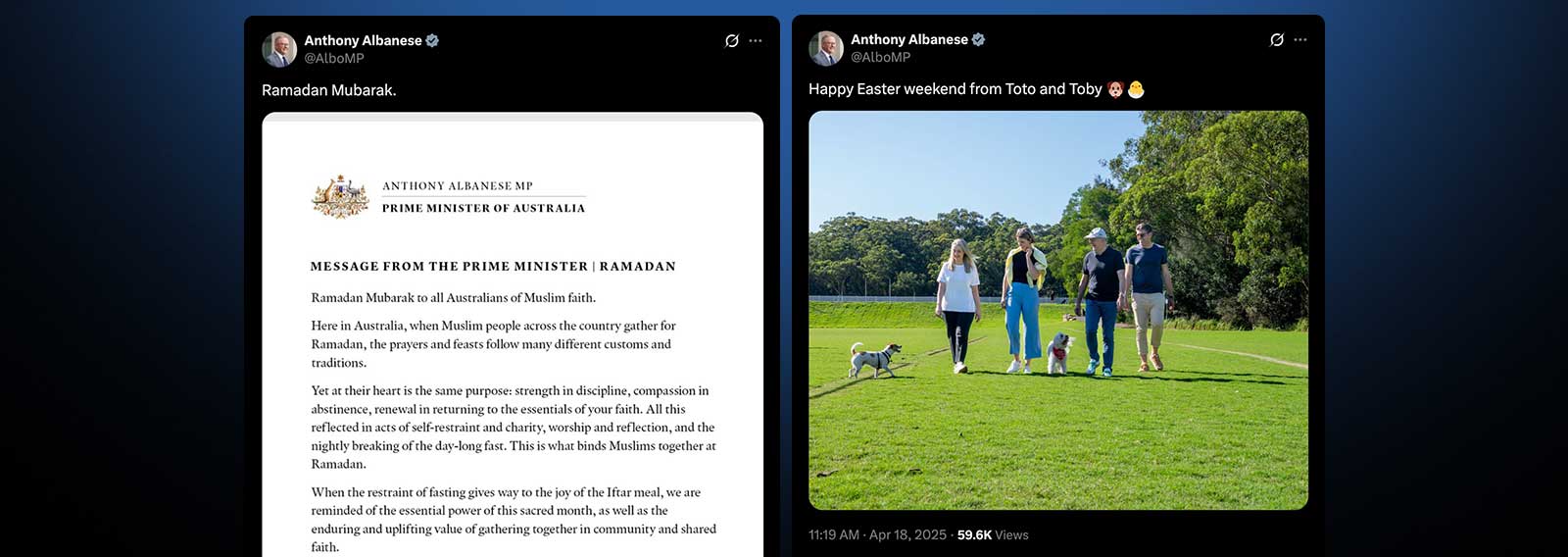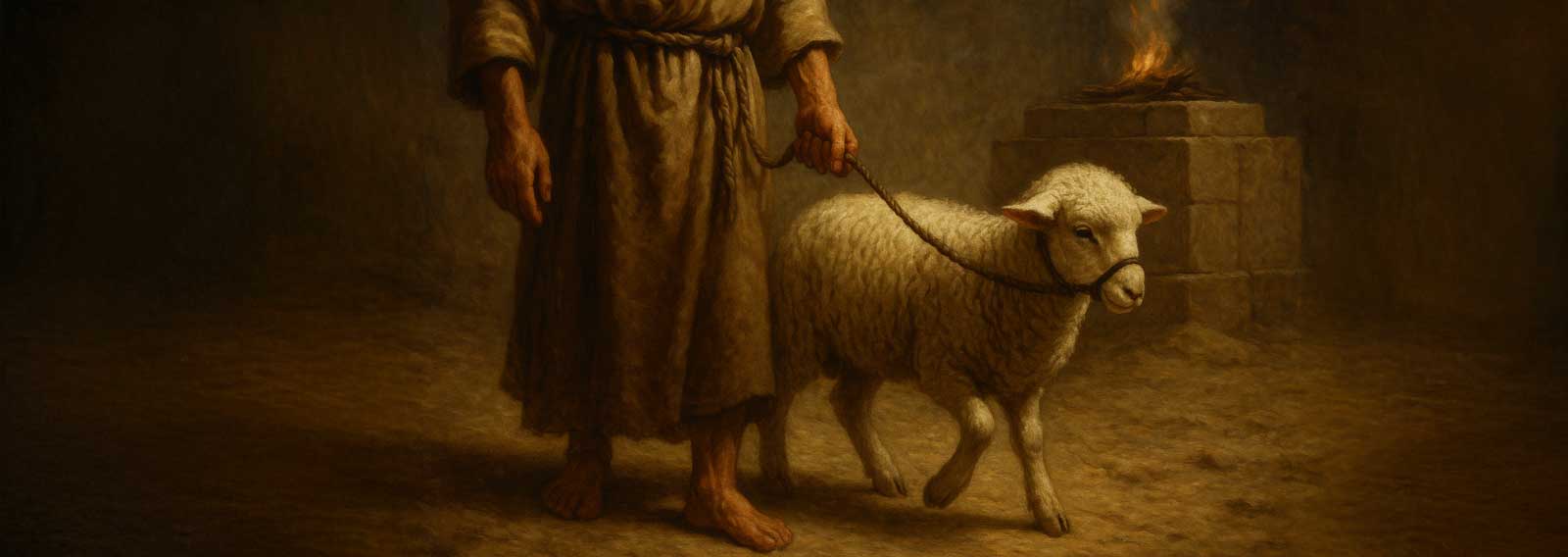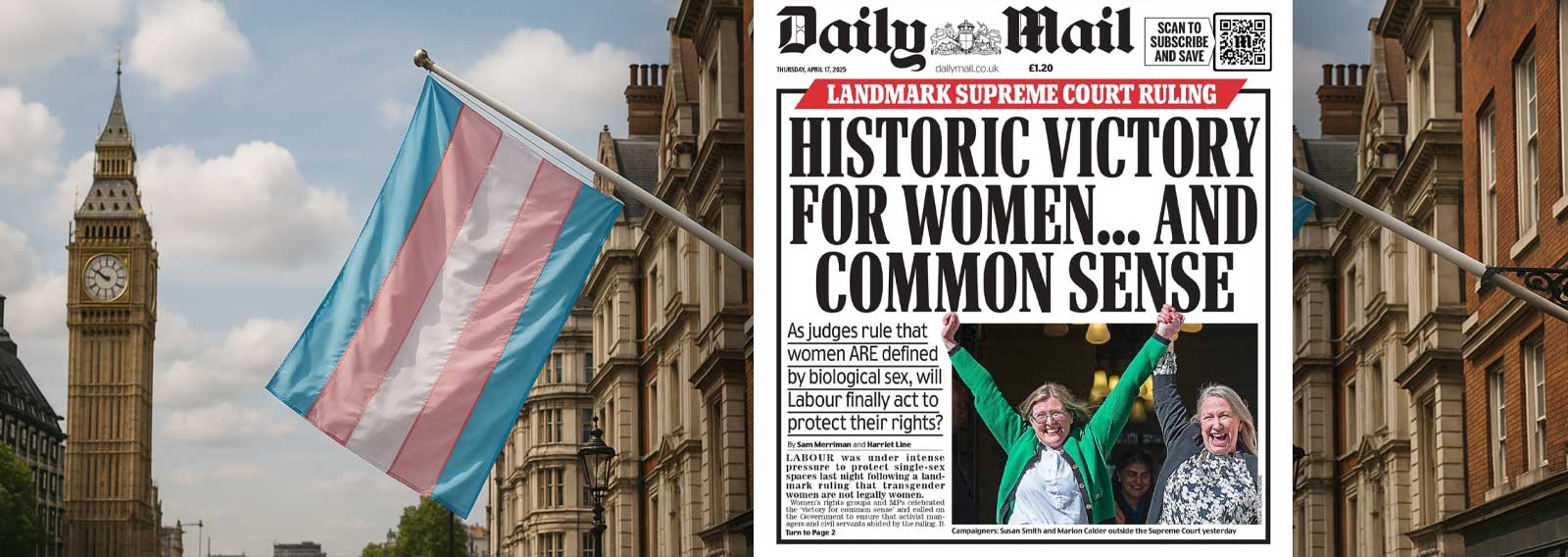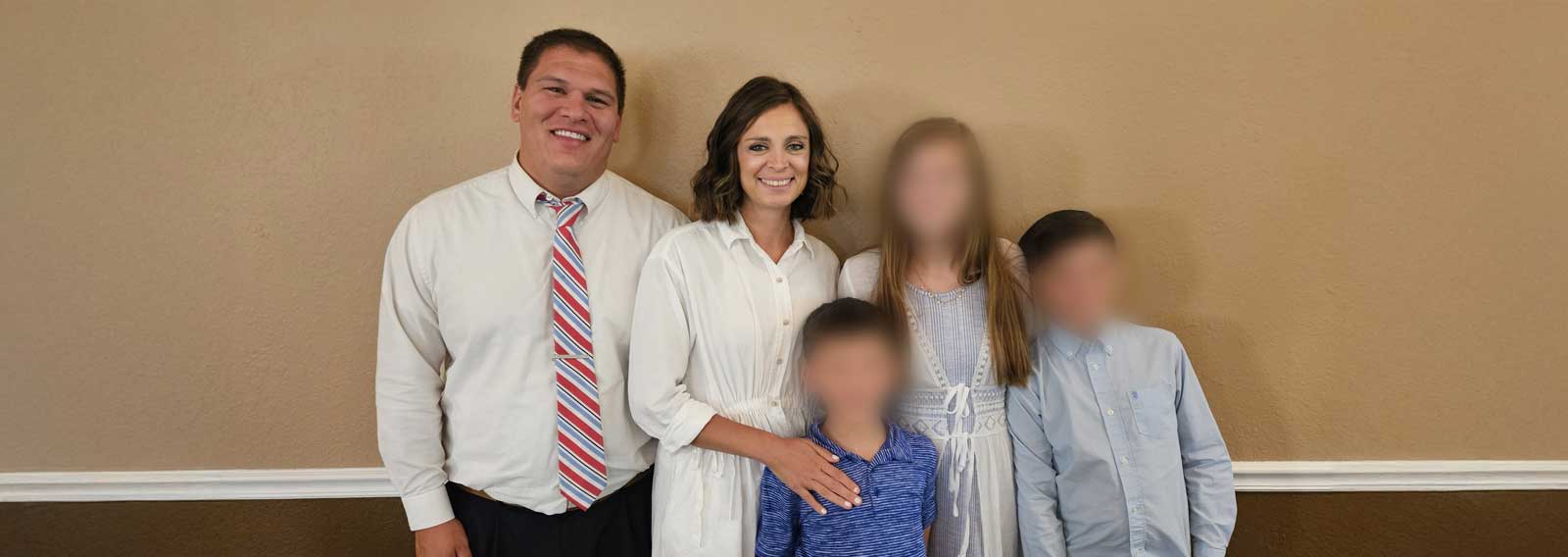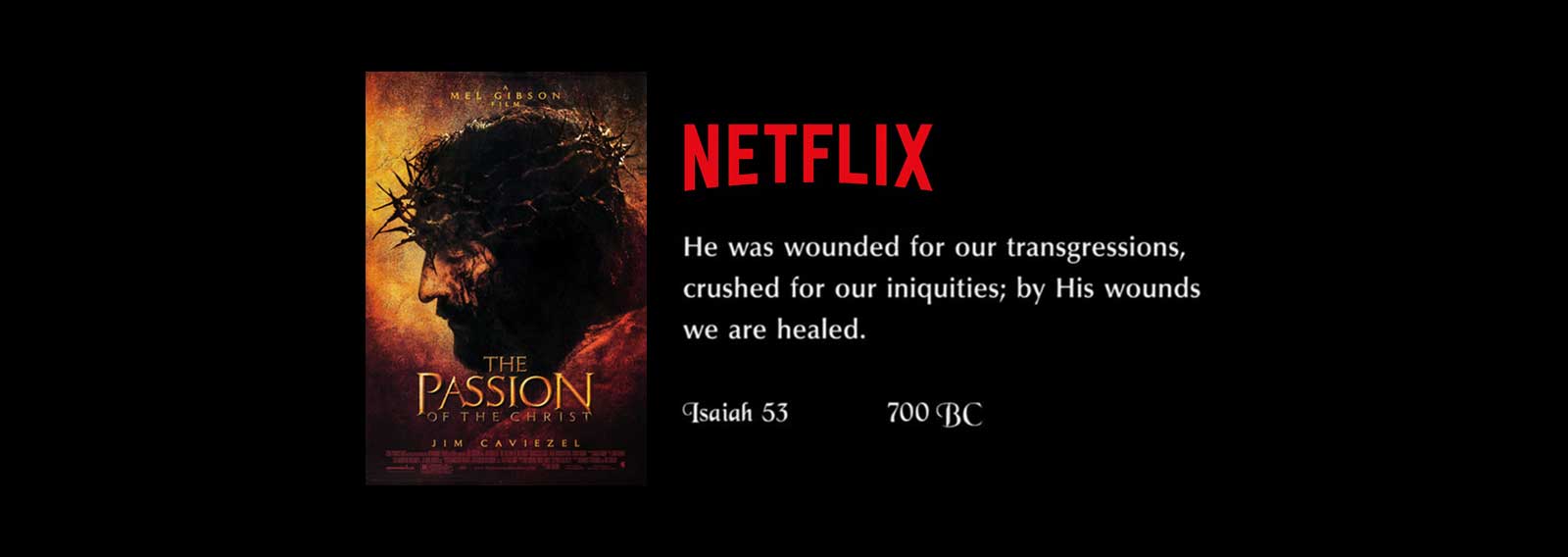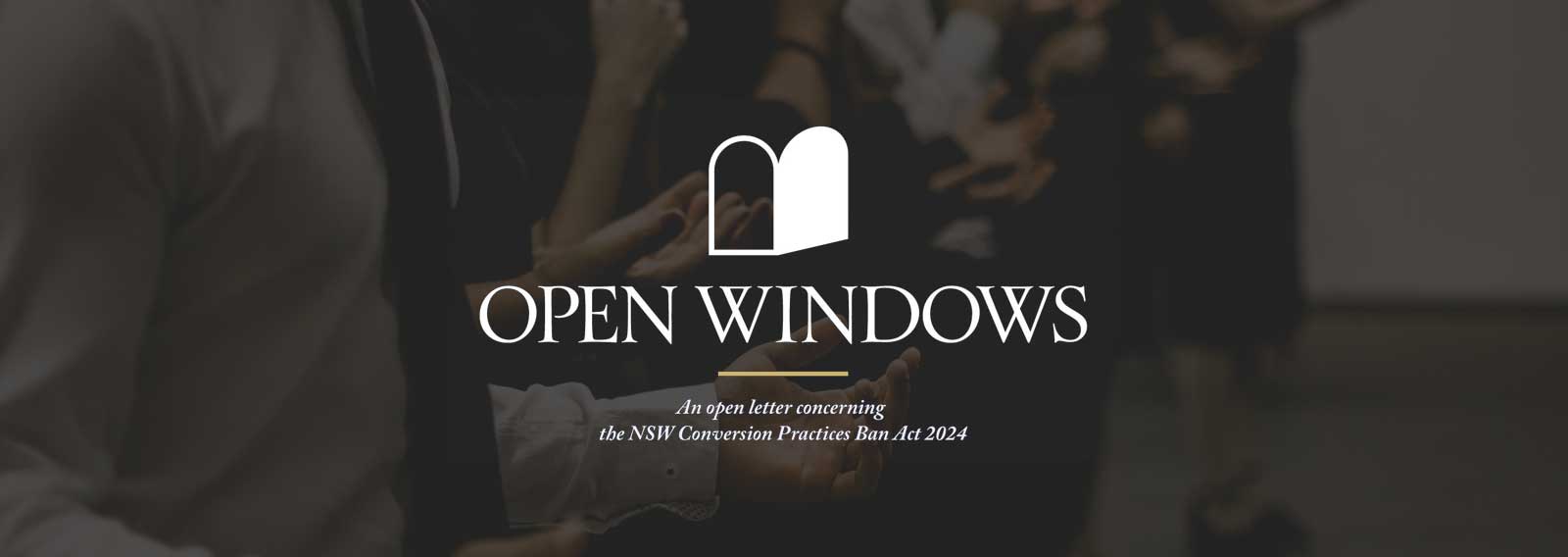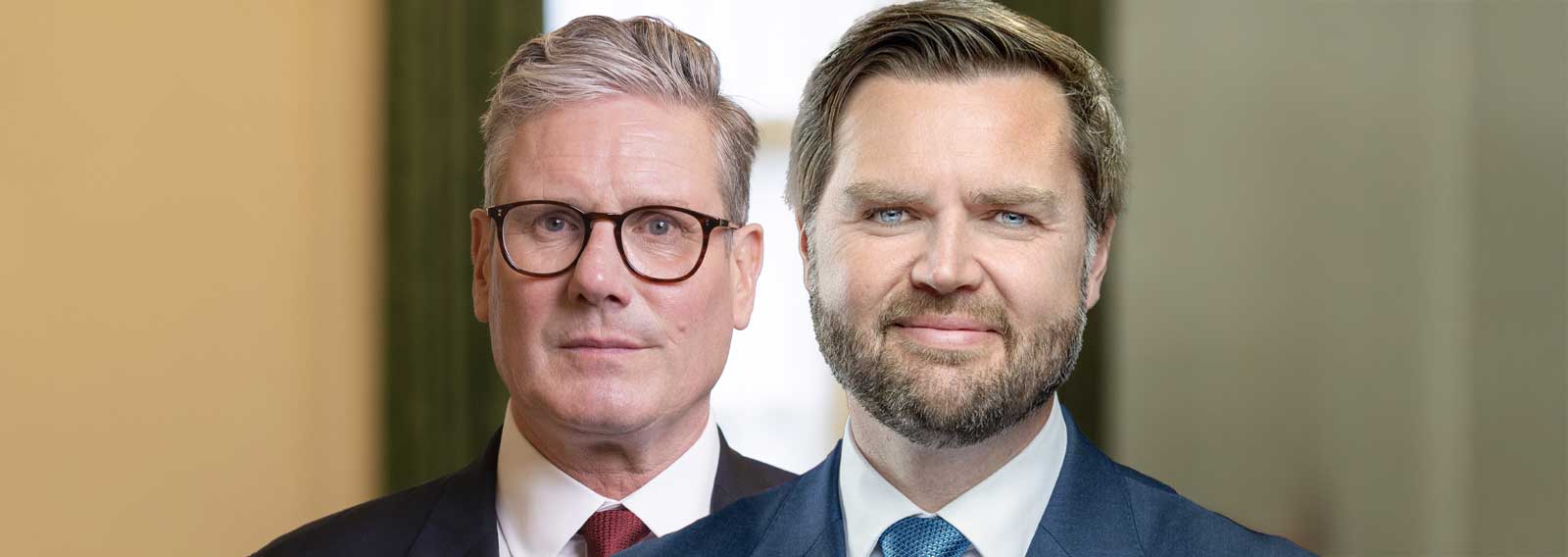John Sandeman, the editor of Eternity, recently wrote an article criticising The Australian Christian Lobby for supporting Israel Folau. According to the heading on their Facebook post, “Several leaders suggest ACL might pick a better topic.” Significantly, the timing of this piece coincides with Martyn Iles appearing on the ABC’s Q&A, a show notorious for its anti-Christian bias.
While the article by Sandeman was somewhat lightweight—relying on three sources, one of whom is a freelance writer from Melbourne—I was struck by how uncommitted Eternity has become in defending religious freedom. Indeed, it seems that they have forgotten their original charter.
The reason I say that is because back in 2019 I conducted an interview with Greg Clarke, the former CEO of The Bible Society (TBS), which oversees Eternity. Clarke was articulate and courteous. I was especially struck by his graciousness when he was responding to a number of serious reservations I had regarding certain policy positions TBS had taken. What follows is an edited transcript of what was said.
Mark Powell: I’m writing an article and wanted to interview you on the record about religious freedom and what is The Bible Society’s position.
Greg Clarke: The Bible Society is a charity and as a charity we try to pursue the goal of providing access to the Bible for as many people as possible. In recent times one of the key issues of course is that people won’t even recognise that there is value in the Bible. So, part of our work is to advocate for it and to help people engage with it.
We’re not a church, never been a church, and we don’t claim to speak for the church. There are Bible Societies around the world which do and they tend to operate a bit like the International Council of Churches where they have representatives on their councils and boards. And when they speak they speak as one voice.
But here in Australia that is not the case. We’re a company and we are limited by the charitable purposes that we’ve got. And it’s grown in its advocacy work and has acquired some organisations such as CPX, Eternity, a couple of publishing houses.
MP: I understand your argument historically; The Bible Society has been set up to distribute Bibles. I guess I’m just thinking that if you acquire subsidiary ministries—such as, The Centre for Public Christianity (CPX)—then are they limited from presenting doctrinal views which are really basic, historic Christian doctrines within the Bible?
GC: Look, we haven’t any overall media policy in the organisation. It’s a board policy as to how we will operate. And it continues to be we will make the Bible as visible as possible, and as much a part of the conversation as possible. It also says that we’re not a political organisation, and we are not going to take any particular line—party political—on any issue. We’re happy to be a platform for, particularly Christian people, to express their views, to engage in different angles and different approaches. And the other part of it is we adhere to the Bible Society’s charter, original charter, which was to not take doctrinal positions, as an organisation to be able to serve the broadest range of churches and Christian organisations.
The Bible Society works with Orthodox Christians, Catholics, Pentecostals, Evangelicals of every colour, we’re across them all. So, we’re not going to put forward a claim for ourselves of one particular doctrinal position. What we do, do is take a high view of the Bible. So, when we have a difficulty of people engaging with us is when a church has a very critical view of the Scriptures themselves. That’s when we hit up against our walls and whether we are able to work with people. So, we do have a high view of Scripture.
MP: What about if they had an incorrect view of the Trinity?
GC: That’s not our thing to get into. We may publish books on various views of the Trinity, we publish a whole range of things that engages with Christianity from different viewpoints. If they have a high view of Scripture, then we’re happy to be behind it.
MP: I understand all of that and I totally get what you’re saying. Would The Bible Society then say (for instance) to CPX that they can’t speak on the issue of marriage in the public square?
GC: No. And the reason why I wanted to clarify that particular issue is because during the same-sex marriage debate that was going hell for leather, many of our organs had published things. CPX, Eternity, possibly even some things from The Bible Society that were engaging with a whole host of things around marriage, around homosexuality, we engaged with all those things. And then it came to a point where there was a view from board level down that the debate was so toxic that people were not being heard anymore. Certainly, social media wasn’t helping and we came to the view that, that was enough. We made a decision at that point that what we said from that point on, we wouldn’t add to it. We still did report through Eternity on what was happening and we did a few different pieces there.
So, CPX was part of that overall policy which we had got to a point where we had contributed enough. No one was listening any more, no one was even debating, they were merely shouting at one another and so we would stop fuelling that fire of really kind of useless…wasn’t even debate just public chatter.
MP: So, would The Bible Society work with an organisation, for instance, like the Uniting Church that holds to gay marriage?
GC: We certainly have plenty of projects with other churches such as the Uniting Church, and they’re all Scripture focused projects. So, the answer to your question is yes. We work with a whole range of churches many of whose views would be either anathema to our staff or some of our supporters or a delight to our staff and supporters. That’s what we are, we’re a very broad organisation. There are not many like us who can hold that kind of position and keep the Scriptures central.
MP: It is tricky though, to be so broad and accommodating of all views for as the old saying, “If you stand for everything, you’ll fall for anything.”
GC: Yep.
MP: You can see where evangelical Christians like myself are saying, come on like, hold the line. You know. Because you guys are The Bible Society. You guys are the oldest institution in Australia.
GC: And the reason why it has survived that long is because it decided to serve all the churches rather than to take particular issues that it would stand or fall on. And the biggest decisions of course at the beginning was whether or not to work with Catholics. So, we’re in that tradition to be able to be…I’m trying to find the right adjectives…gracious enough to work across traditions for the sake of church and the Bible without playing the role of the churches. That’s the tradition we stand in. I recognise that to some people that appears soft. But it does enable us to work all over the world and to keep promoting the centrality of the Scripture. It’s up to you guys to do the interpreting.
MP: My concern is though, if we enter into an age of where religious freedom is really under threat and our public institutions are not willing to speak up, then it really makes it very difficult or harder for individual Christians to speak up. You know?
GC: We will certainly speak up for religious freedom. And hopefully you will see that in every publication. We believe entirely in the role of religion in the public square. That’s why we are who we are. So, we’re not an under the radar type of organisation. We’re much engaged with the public. With the broadest possible range of public. So, you won’t see us shying back from that discussion. We believe entirely in religious expression and that’s why we own a newspaper and media companies in general.
MP: Yeah, I guess that’s really the baseline, then isn’t it? The one kind of philosophical stand or doctrine – it’s freedom of religion. That would be the one that you would defend to the death as opposed to the Trinity or a certain doctrine of Scripture?
GC: Correct. Because if we don’t continue to do what we’re doing then the Bible disappears beneath the radar forever. That’s why we’re here. We will continue to promote religious freedom and you should see that every day on our website and charity and so forth.
As has now become clear, Israel Folau lost his job as a professional athlete simply for paraphrasing a passage from the Bible. We know this is the case, since Miranda Devine subsequently reported in The Daily Telegraph, that Folau’s choice to post online would have been a problem, even if Folau had chosen to quote the Bible. Below is a transcript of the official Code of Conduct meeting:
Q. What about when the Bible requires him to tell the good and the bad, that is, that the Bible is the truth and sometimes the truth can be difficult to hear?
A. The Bible is not the contract that he signed with Rugby Australia.Q. No, but it goes to his very being, does it not, his belief in that particular religion? I want to suggest to you that in real terms, in practical terms, that Rugby Australia did not assist Israel to understand what Rugby Australia’s expectations were as to how he could communicate his strong religious beliefs in a way that was still deemed acceptable by Rugby Australia. Do you accept that?
A. No, I don’t accept that.Q. Following the 2018 post, did Rugby Australia commence to monitor his social media use more closely?
A. Yes, we did.Q. And did you yourself personally monitor his social media use from that point on?
A. No, I’ve got people that kindly do that for me.Q. I was going to ask I don’t know how it works, whether you’re a Facebook friend, or however you–
A. No.Q. You’re not?
A. No.THE CHAIRMAN: Could I ask a question?
MR CASSELDENL: Certainly, Mr Chair.THE CHAIRMAN: Q. Ms Castle, what if Mr Folau had photocopied passages from the Bible and simply posted that on his social media pages, would that have caused a problem for you?
A. I think it depends on which ones he — which pages he photocopied.Q. If he’d photocopied the passages that are referred to in the posts, would that have caused a problem for you?
A. Yes, it would have.
All of which is to say, maybe ACL and Martyn Iles are doing what Eternity was set up to do but sadly is no longer interested in championing—namely, to defend religious freedom and promote the Bible in the public square. Hence, the question which now should be asked is, when did The Bible Society lose sight of Eternity?


